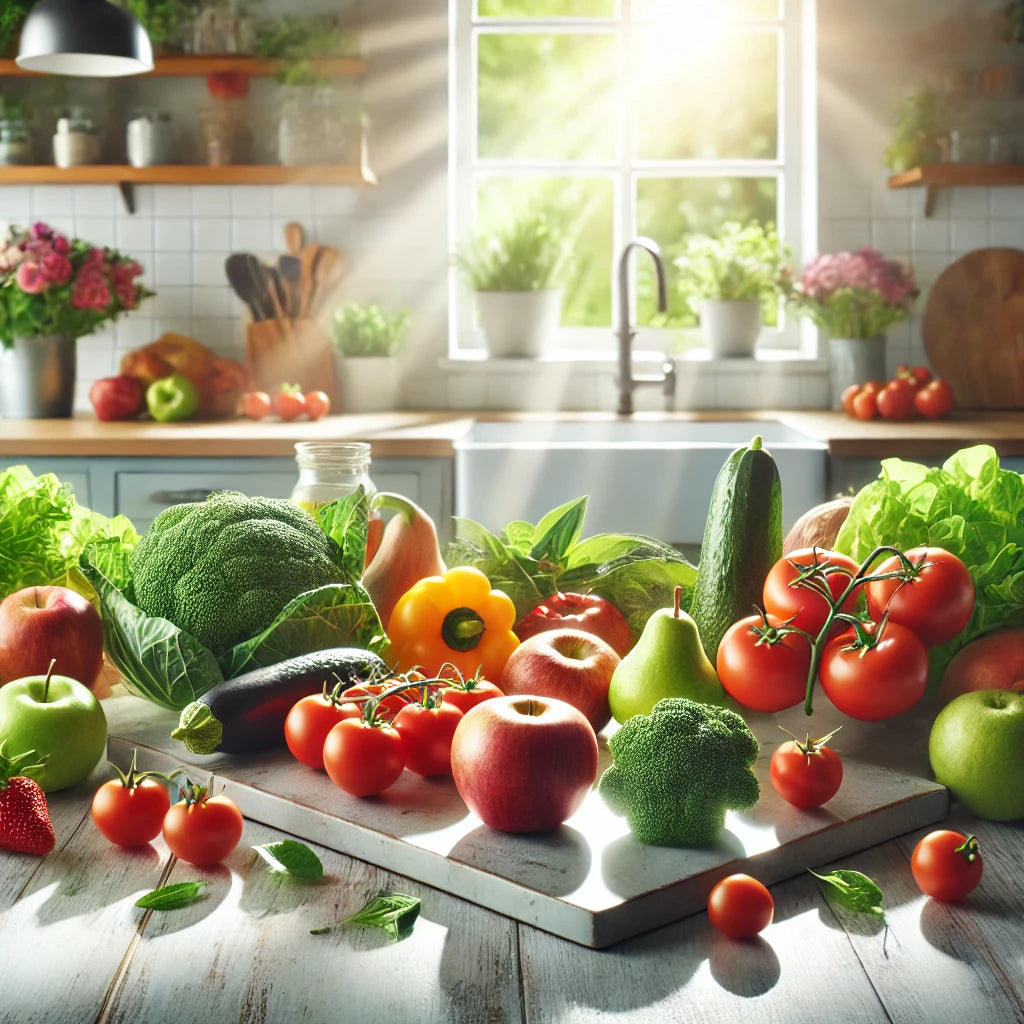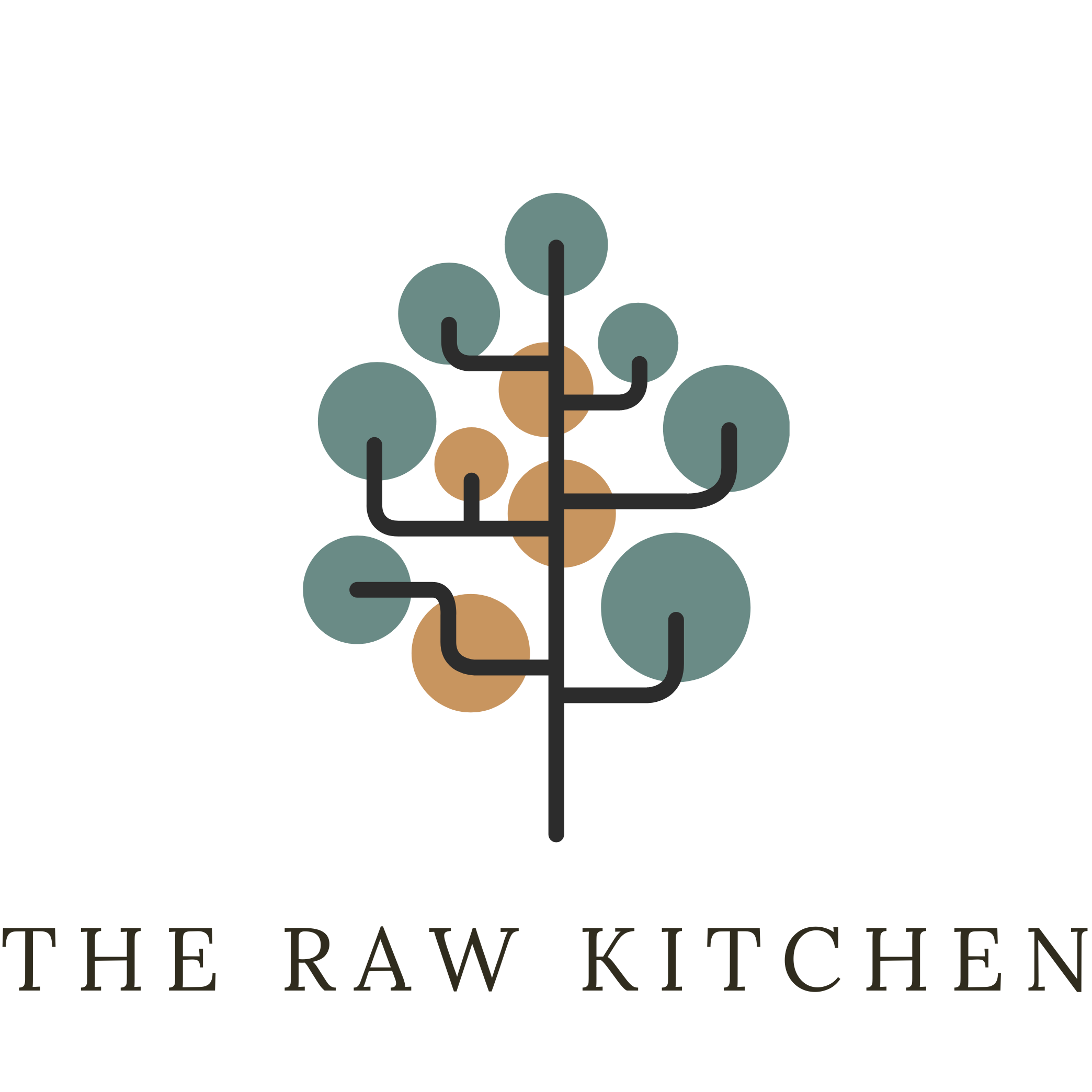
How improtant is it to eat organic?
The debate between organic and non-organic foods has gained significant attention over the years. As people become more health-conscious and environmentally aware, understanding the differences and importance of buying organic has become crucial.
What Does Organic Mean?
Organic farming practices are designed to encourage soil and water conservation and reduce pollution. Organic foods are grown without the use of synthetic pesticides, genetically modified organisms (GMOs), fertilisers made with synthetic ingredients, or sewage sludge. Organic livestock are raised without antibiotics or growth hormones, and they must have access to the outdoors.
Health Benefits
-
Fewer Pesticides: Organic farming uses natural pest control methods, leading to lower pesticide residues in food. Studies have shown that organic produce generally has lower detectable pesticide levels compared to conventionally grown produce.
-
Nutrient Content: Some studies suggest organic foods may be more nutritious, containing higher levels of antioxidants. However, nutrient differences can vary, and a balanced diet is crucial regardless of organic status.
-
Antibiotic Resistance: Organic meat and dairy products come from animals not given antibiotics, reducing the risk of antibiotic-resistant bacteria.
Environmental Impact
-
Soil Health: Organic farming promotes soil fertility and biodiversity through natural fertilisers and crop rotation. This contributes to sustainable agriculture and carbon sequestration.
-
Water Conservation: By avoiding synthetic pesticides and fertilisers, organic farming helps maintain cleaner water sources.
-
Biodiversity: Organic farms support higher biodiversity, enhancing ecosystem health and resilience.
Considerations
-
Cost: Organic foods are often more expensive due to labor-intensive practices and stricter regulations. This can be a barrier for some consumers.
-
Availability: Organic foods may not be available everywhere, particularly in rural or underserved areas.
-
Perishable Nature: Organic produce often has a shorter shelf life because it lacks synthetic preservatives, which may require more frequent shopping.
Making Informed Choices
-
Prioritise Certain Foods: If budget is a concern, buy organic for the "Dirty Dozen" fruits and vegetables, which have higher pesticide residues. The "Clean Fifteen" list includes produce with lower pesticide levels.
-
Balance Your Diet: Focus on a balanced diet rich in fruits, vegetables, whole grains, and lean proteins. The overall health benefits of a varied diet are significant.
-
Local and Seasonal Produce: Local and seasonal produce may be fresher and less chemically treated, offering a compromise between organic and non-organic.
Choosing between organic and non-organic foods involves considering health benefits, environmental impacts, and personal circumstances such as budget and availability. Organic foods offer advantages in terms of lower pesticide residues, potential nutrient benefits, and environmental sustainability. Ultimately, aim for a diverse and balanced diet that supports overall health and well-being.
Another verse from the Qur'an that stands out to me is "O you who have believed, eat from the good things which We have provided for you and be grateful to Allah if it is [indeed] Him that you worship." (Quran 2:172). We are advised to consume what is pure and as close to nature as possible, reflecting a holistic approach to our diet.



Leave a comment
This site is protected by hCaptcha and the hCaptcha Privacy Policy and Terms of Service apply.